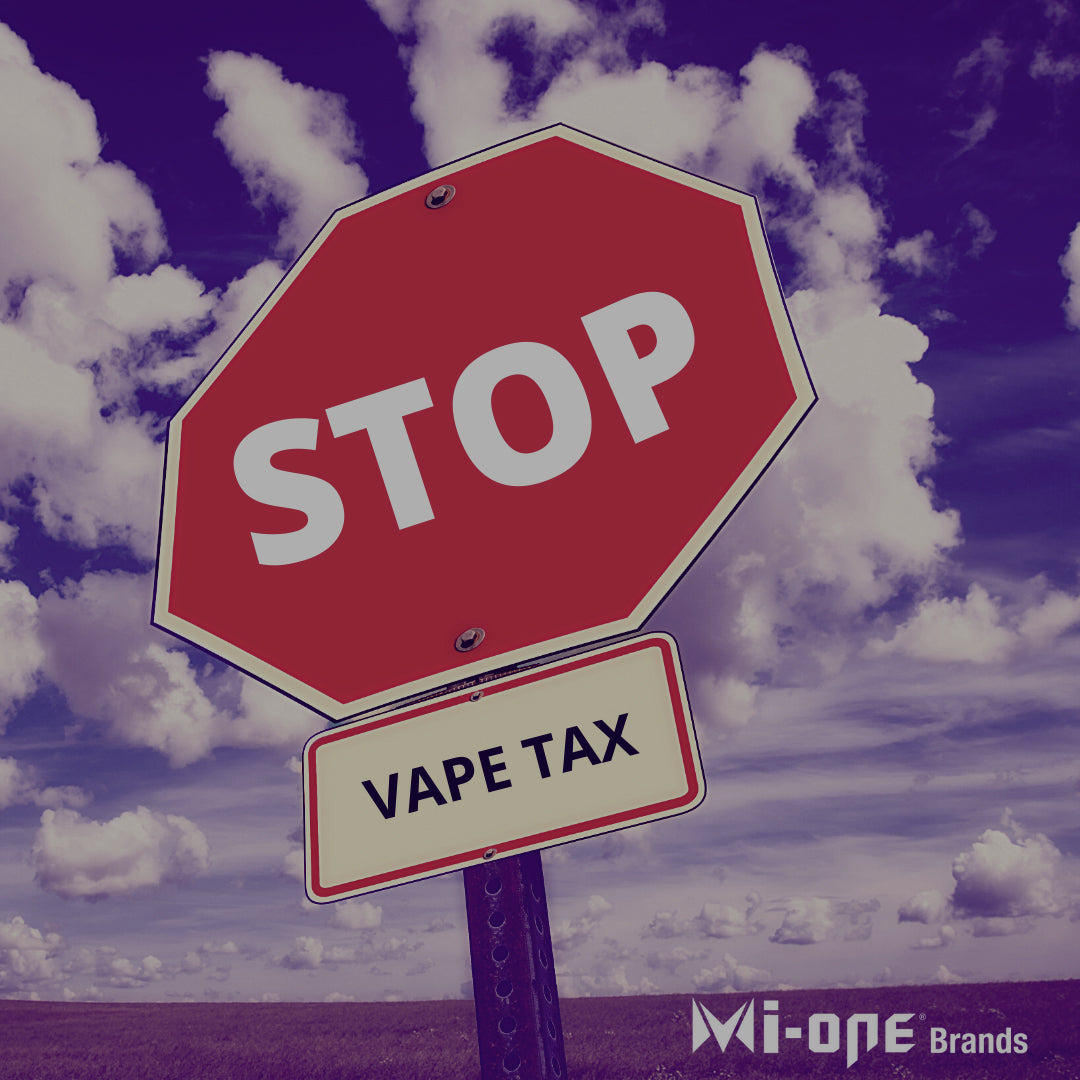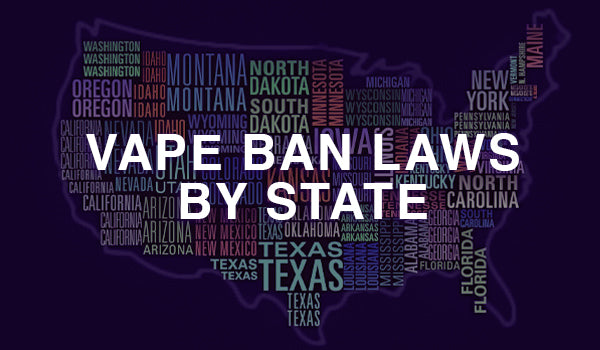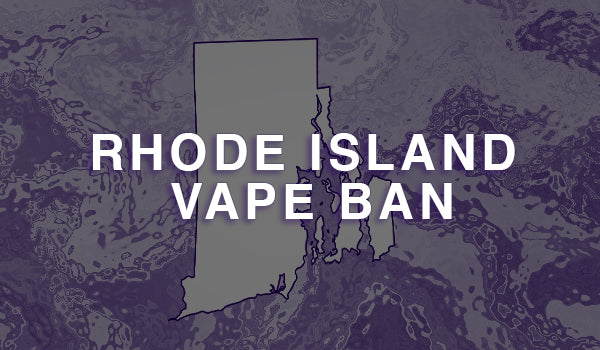
Proposed Tax Bill Study Finds a Potential Increase in Youth Smoking
A new working paper by San Diego State University, Center for Health Economics and Policy Studies has determined that increasing tobacco taxes would slightly reduce vaping, but would increase combustible cigarette smoking by about the same amount.
Center for Health Economics and Policy Studies Working Paper
In their working paper titled, “Intended and Unintended Effects of E-cigarette Taxes on Youth Tobacco Use (2021)” it is suggested that if the Tobacco Tax Equity Act law is passed (taxing all nicotine products at the same rate) it would cause more people to switch to combustible cigarette smoking. The working paper cites many studies that suggests that vaping could be safer than cigarette smoking and increasing cigarette smoking via this tax could have a net negative effect.
The intention behind the Tobacco Tax Equity Act (S 1314) proposed by Illinois Senator Dick Durbin was that raising taxes on all nicotine related products would curb their use. Ironically, according to the findings of the working paper, the Tobacco Equity Act would have the opposite effect. Instead of just lowering vaping it would increase the use of tobacco. As the price of one is raised, people go to whatever other less expensive alternatives they can find. The working paper suggests this “substitution effect” happens when e-cigarette taxes go up.
Other points raised by the working paper were:
- That raising taxes on e-cigarettes increases youth perception that they are harmful, and that effect coupled with the lower relative cost of cigarettes is likely to increase youth smoking combustible tobacco cigarettes, not curb it.
- That since cost drives behavior it might drive some vapers toward cheaper and home-made juices. Unregulated home-made juice has caused past vape illnesses and deaths for cannabis vapers.
- The substitution effect holds true for not only smokers, but the overall population.
- Vapes and cigarettes are economic substitutes: "when either cigarettes or vaping products are more expensive, a significant number of people will switch to the other.”
Your Voice Matters
In addition to taxing all nicotine and tobacco products as if they were a cigarette, the provision increases the Federal tax on cigarettes by 100% and raises all other tobacco taxes up to this new level.
Reach out to your representative and make your voice heard! Then shoot them an email telling them you vape, and you vote. Let them know that you do not support this tax.
Select your state, click on your representative, complete the contact form, and hit send. It’s that easy!
Study Summary
The working paper suggests that a significant number of vapers are going to get their nicotine in whatever way is most cost effective. Increasing the tax on both would slightly decrease vaping because it would effectively make vaping more expensive than combustible cigarette smoking. This could increase the smoking of cigarettes by almost the same amount it reduces vaping. Because the tax would not increase the cost of cigarettes to the same extent as it would vape products, in a post-tax world, the most cost-effective way to get nicotine would be by buying cigarettes. Enough people will do this according to the “substitution effect” to offset any proposed gains of reducing the overall use of nicotine products.









Leave a comment
This site is protected by hCaptcha and the hCaptcha Privacy Policy and Terms of Service apply.